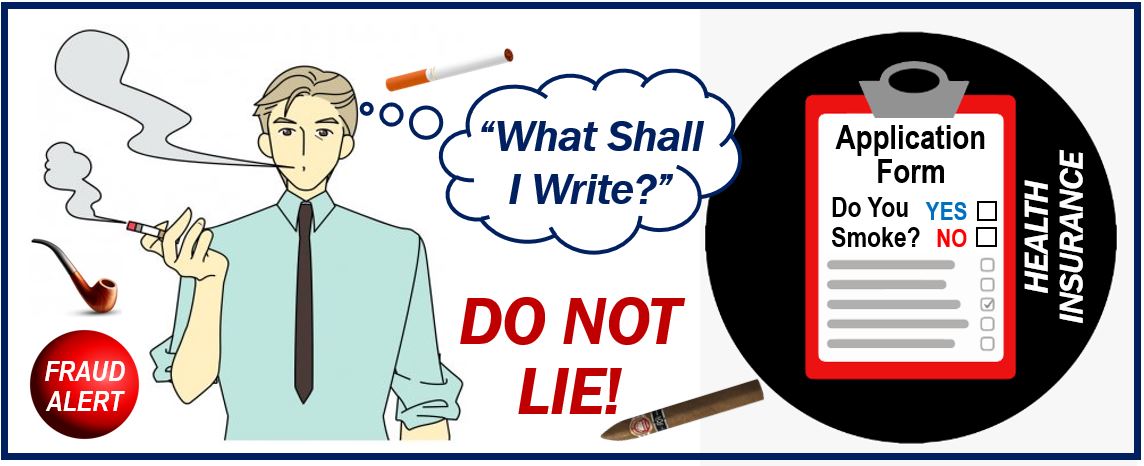These days, searching for an insurance plan is consideraly easier than it was before the Internet existed. Through a quick Google search, you will probably find a suitable plan fairly quickly.
Most insurance companies offer health plans for every budget, health and smoking/non-smoking status, job type, age, etc. Let’s see what options smokers have and whether they are treated any diffferently.

How do insurance companies treat smokers?
When applying for an insurance plan, you will need to fill out paperwork that includes details about any chronic illnesses, allergies, surgical interventions, etc. They all ask you to specify whether you are a smoker. You should fill in this part of the form honestly.
Smokers have higher premium costs – this also applies to life insurance policies. Hundreds of acadmic studies across the world over the past few decades have clearly shown that regular smokers have a higher risk of developing respiratory problems, cancer, and cardiovascular diseases. They are also more like to die prematurely than their non-smoking counterparts.
The term regular smoker, as we interpret it, is not used in insurance forms to determine what your current status is. If you smoked a tobacco product within the past twelve months, you are classed as a smoker, as far as insurance companies are concerned.
In other words, if you gave up smoking six months ago, you need to answer ‘yes’ when asked whether you smoked anything during the past 12 months.
How do insurance providers know that I’m lying?
The insurer, if it is not convinced about your honesty, may insist you undergo, for example, an X-ray scan of your lungs. Many companies require that the applicant undergo a medical examination with a doctor.
If you lie when filling in your form, you risk not getting a payout when you need it. In some cases, you may even be sued by the insurer.
Are smokers always bound to pay more?
Smokers with no chronic diseases have to pay more for medical insurance cover or life insurance than healthy non-smokers of the same age.
Smokers should search for a suitable plan by looking at the different options or using websites like theartofinsurance.org that allow them to discuss and seek out multiple insurance plans that fit their needs.
What if I started smoking after getting health insurance?
Insurance providers frequently run medical history check-ups for their clients and applicants. If a doctor adds smoking to the client’s medical profile, the insurer will subsequently know, and will probably push up the cost of premiums.
This works both ways, i.e., if you start off as a smoker and then give up, your premiums should become cheaper after twelve tobacco-free months.
Life insurance for smokers
Life insurance is essentially a contract between a client and their insurance provider to pay death benefits to a named person. For example, if John Smith dies, his life insurance payout may go to his partner, Mrs. Smith, or perhaps his children.
As smokers have a higher-than-average risk of premature death, their premiums are higher than those of non-smokers.
Remember, if you want to make sure that your health or life insurance policy is 100% valid, do not lie about your smoking status in the application form. Honesty really is the best policy!

